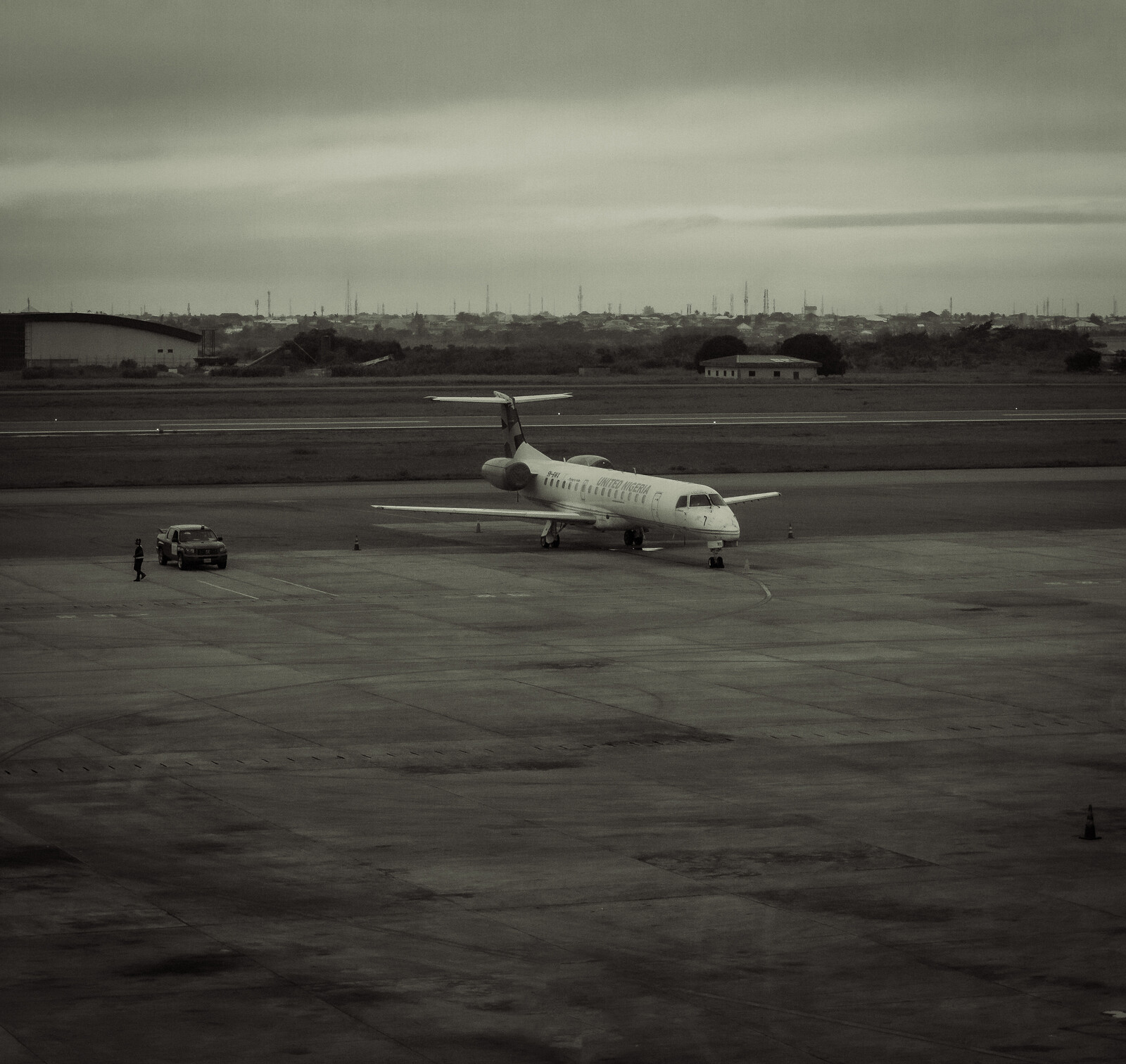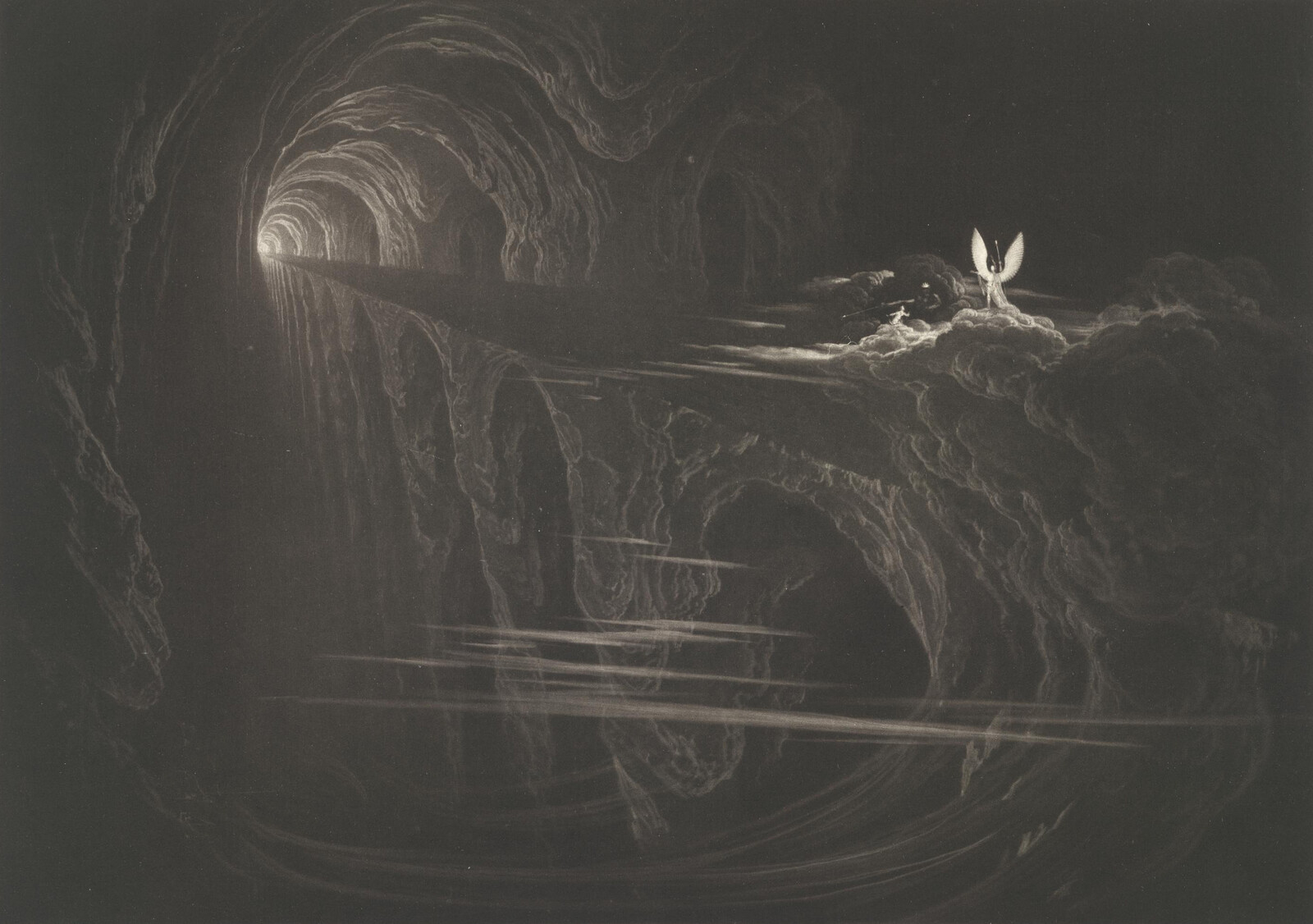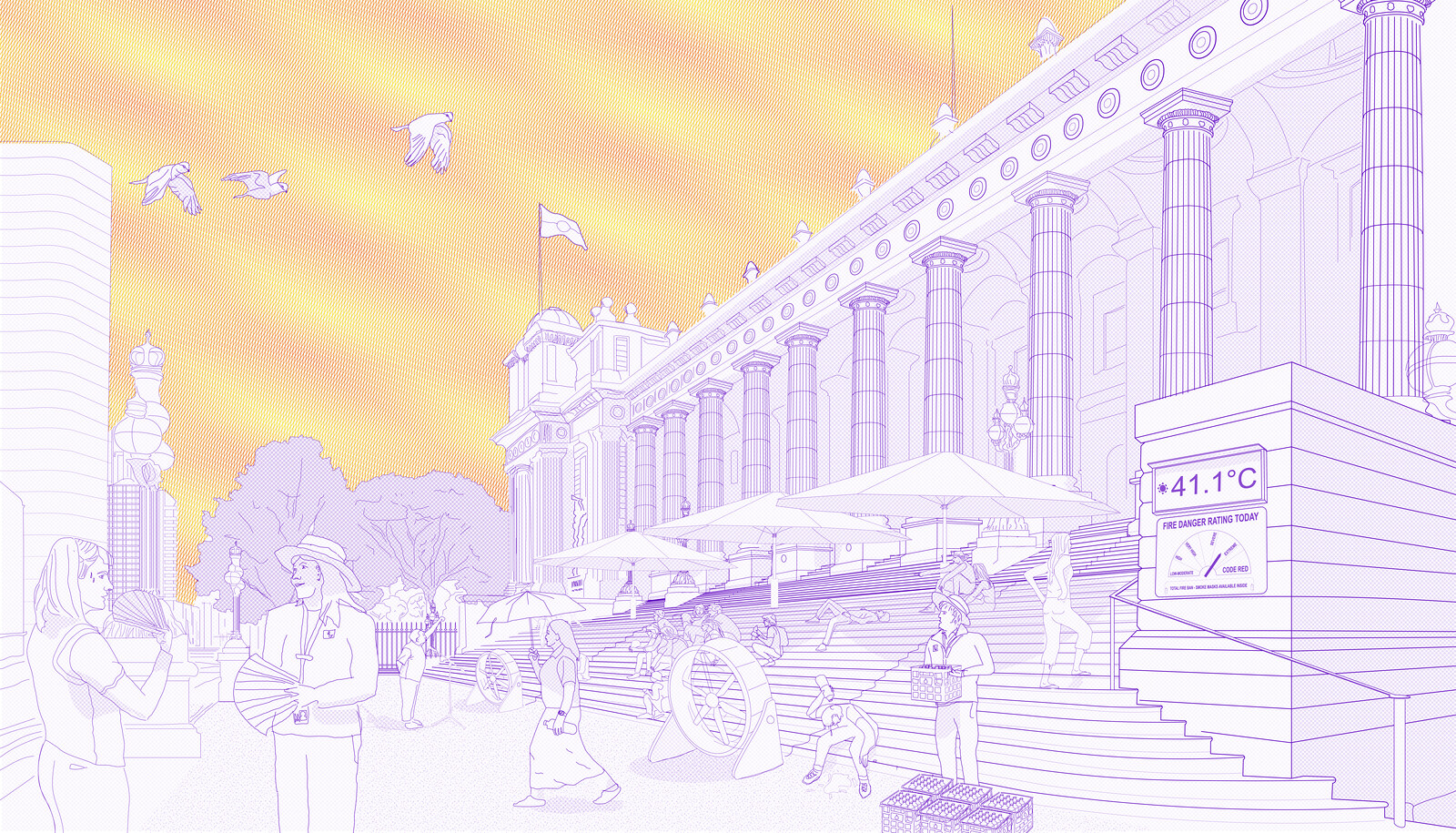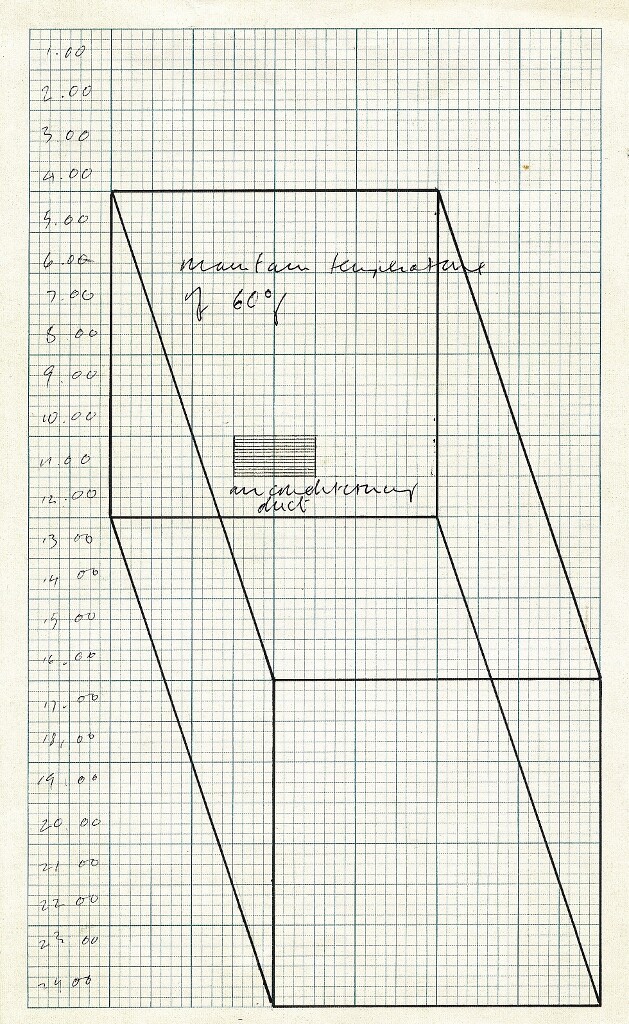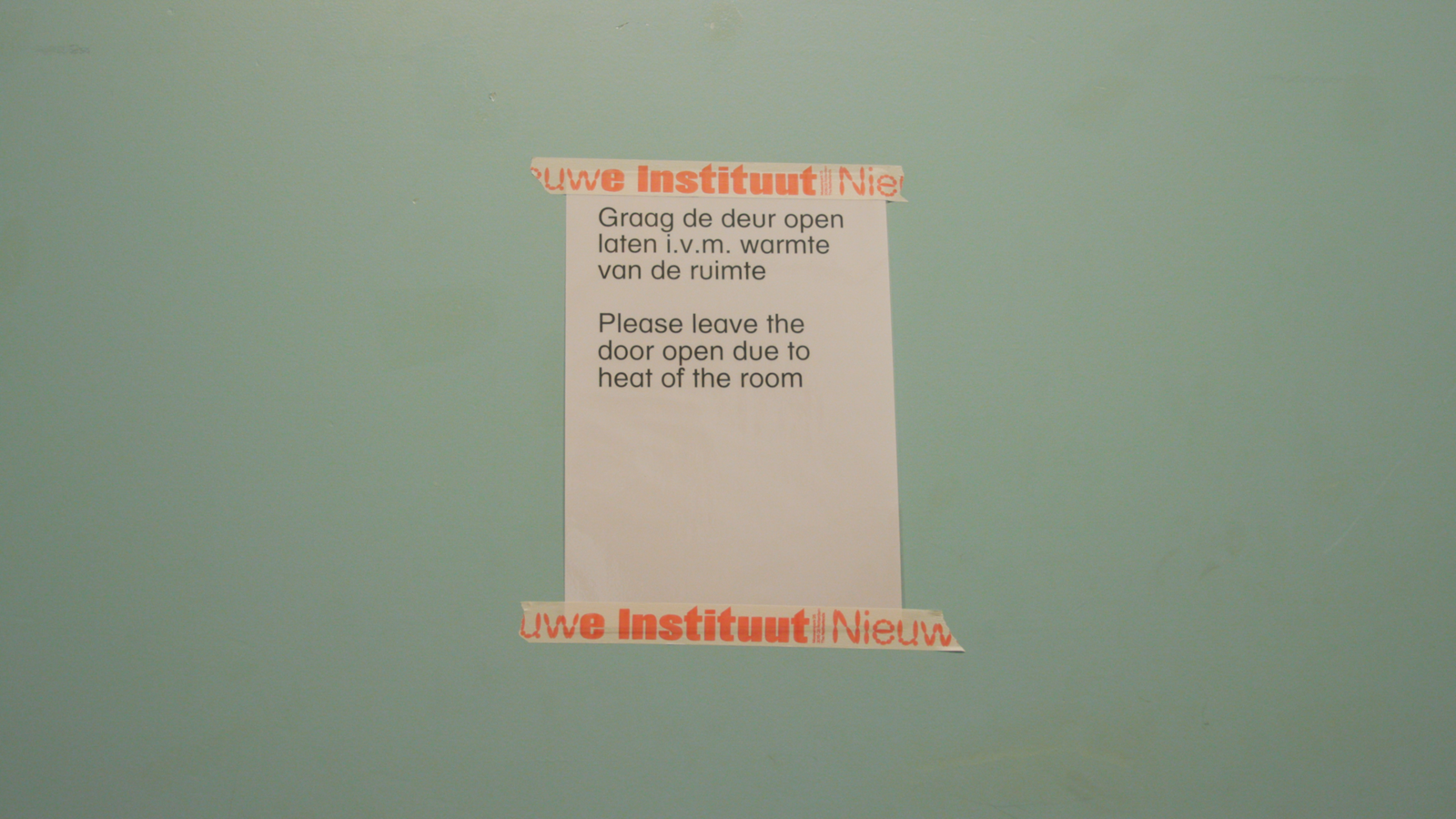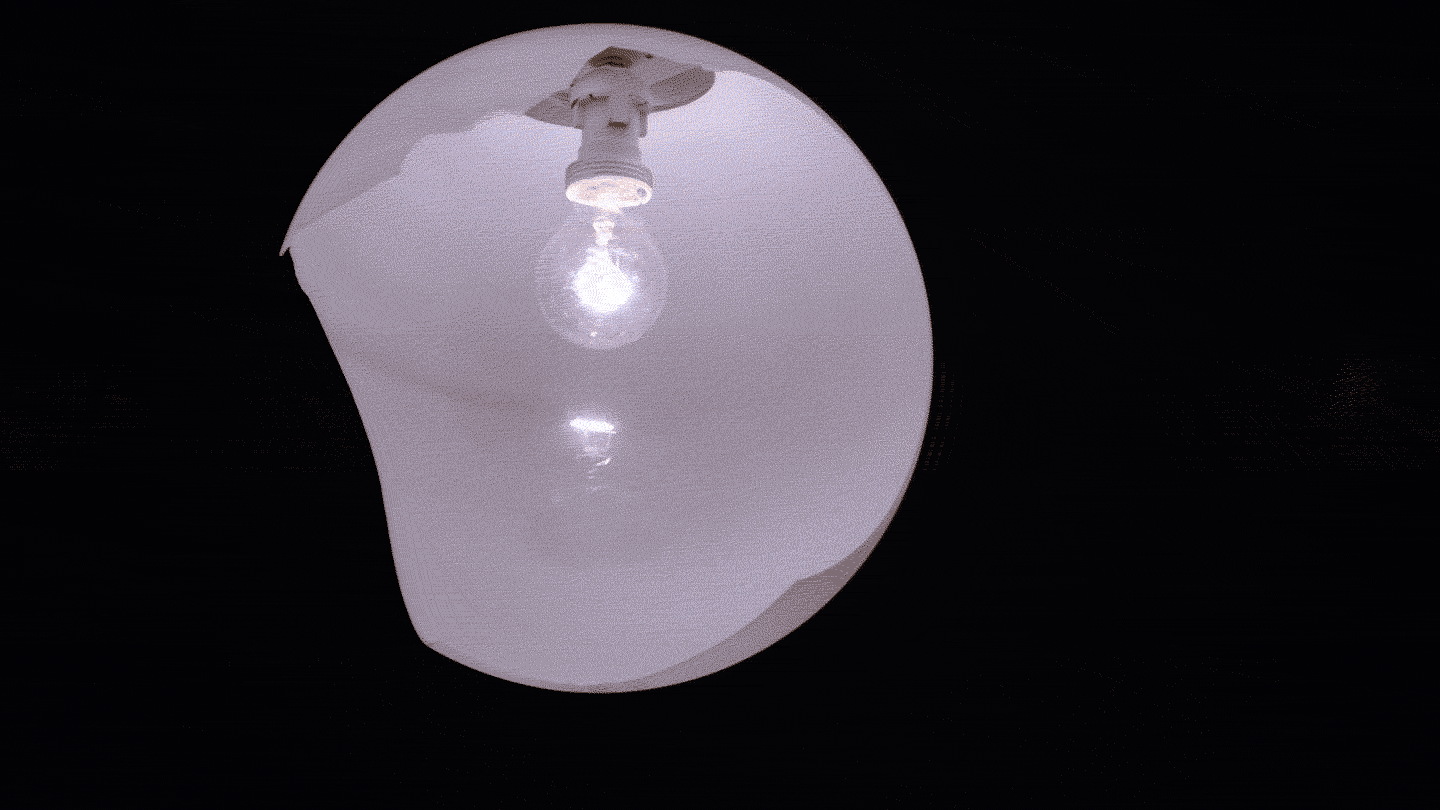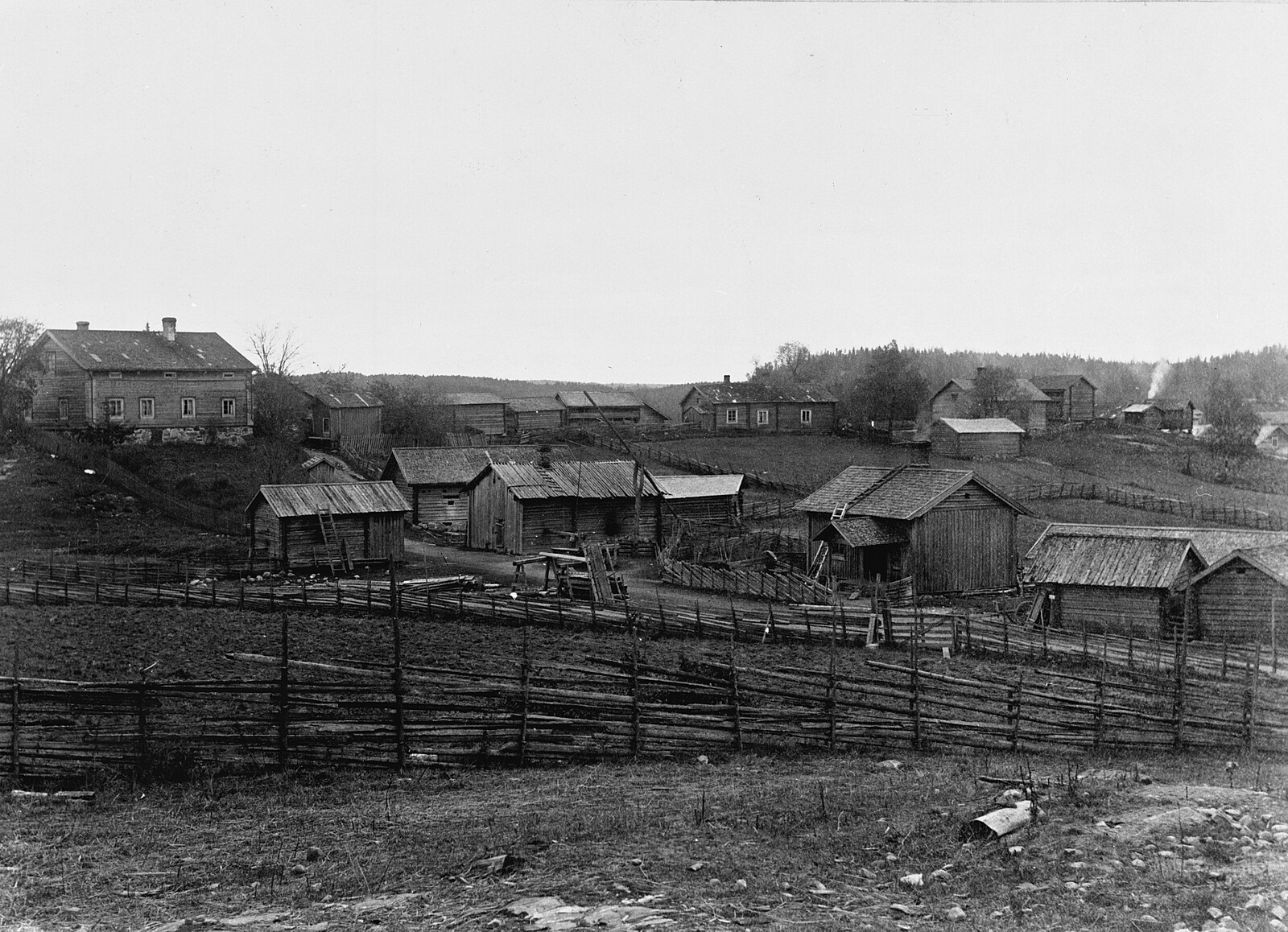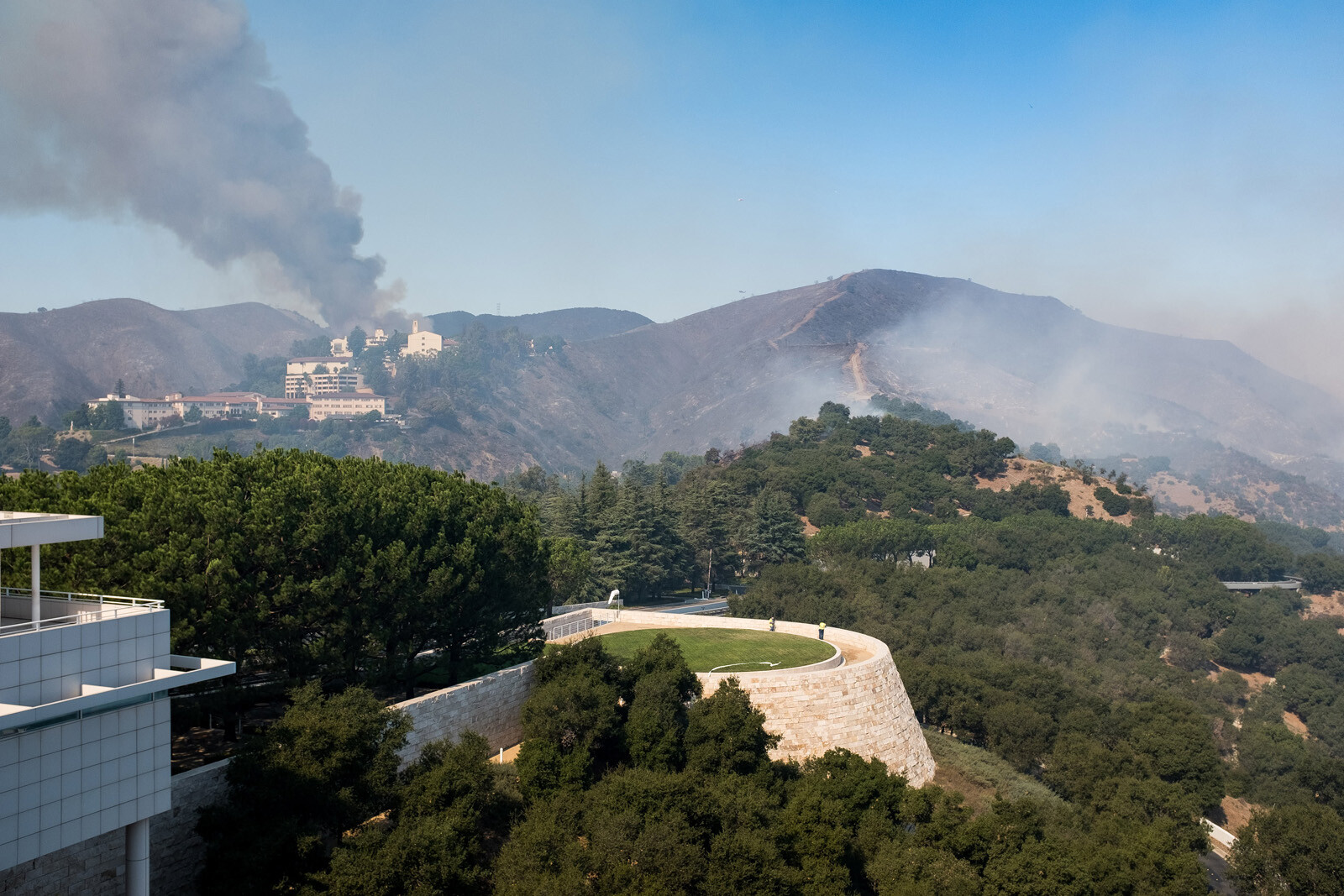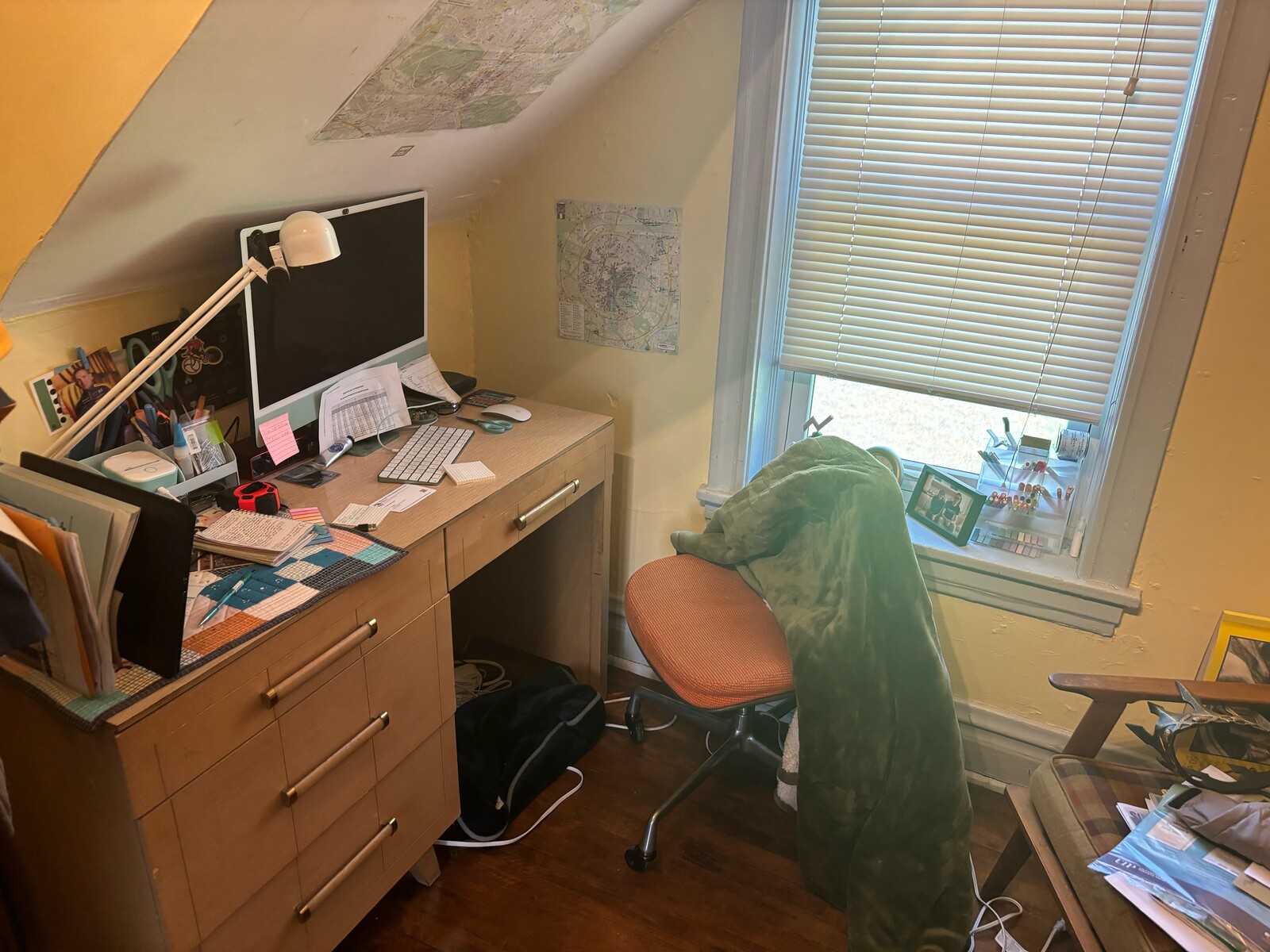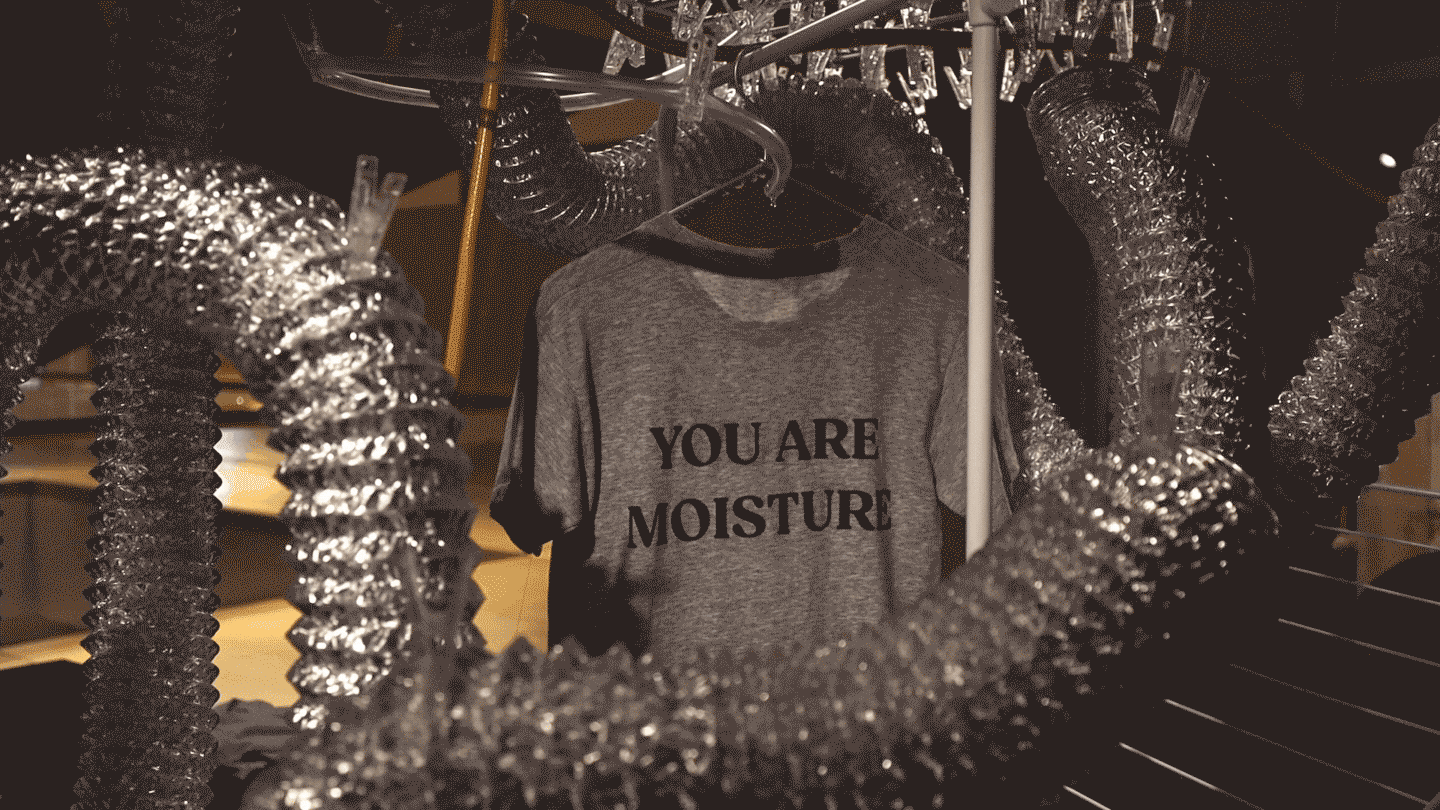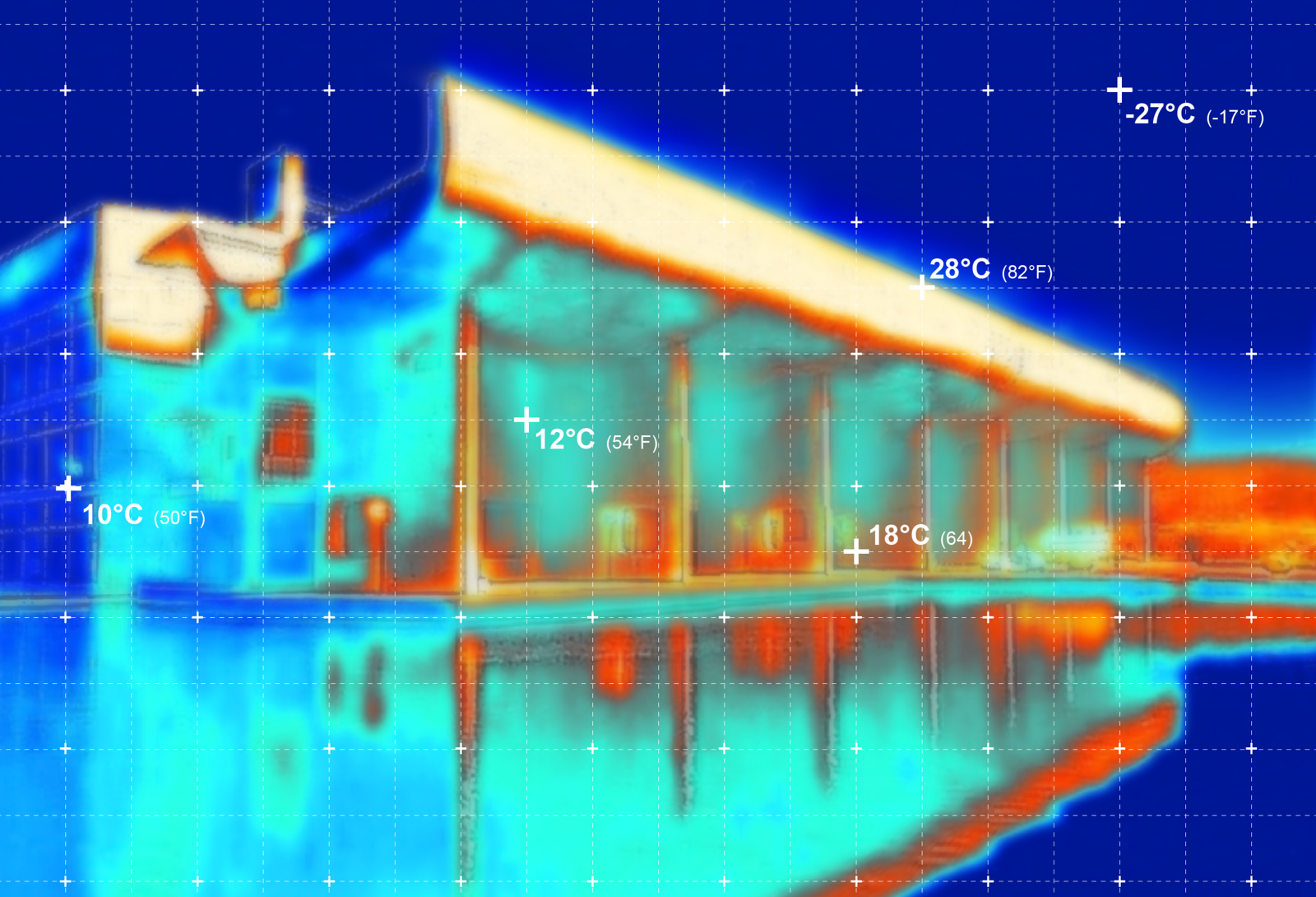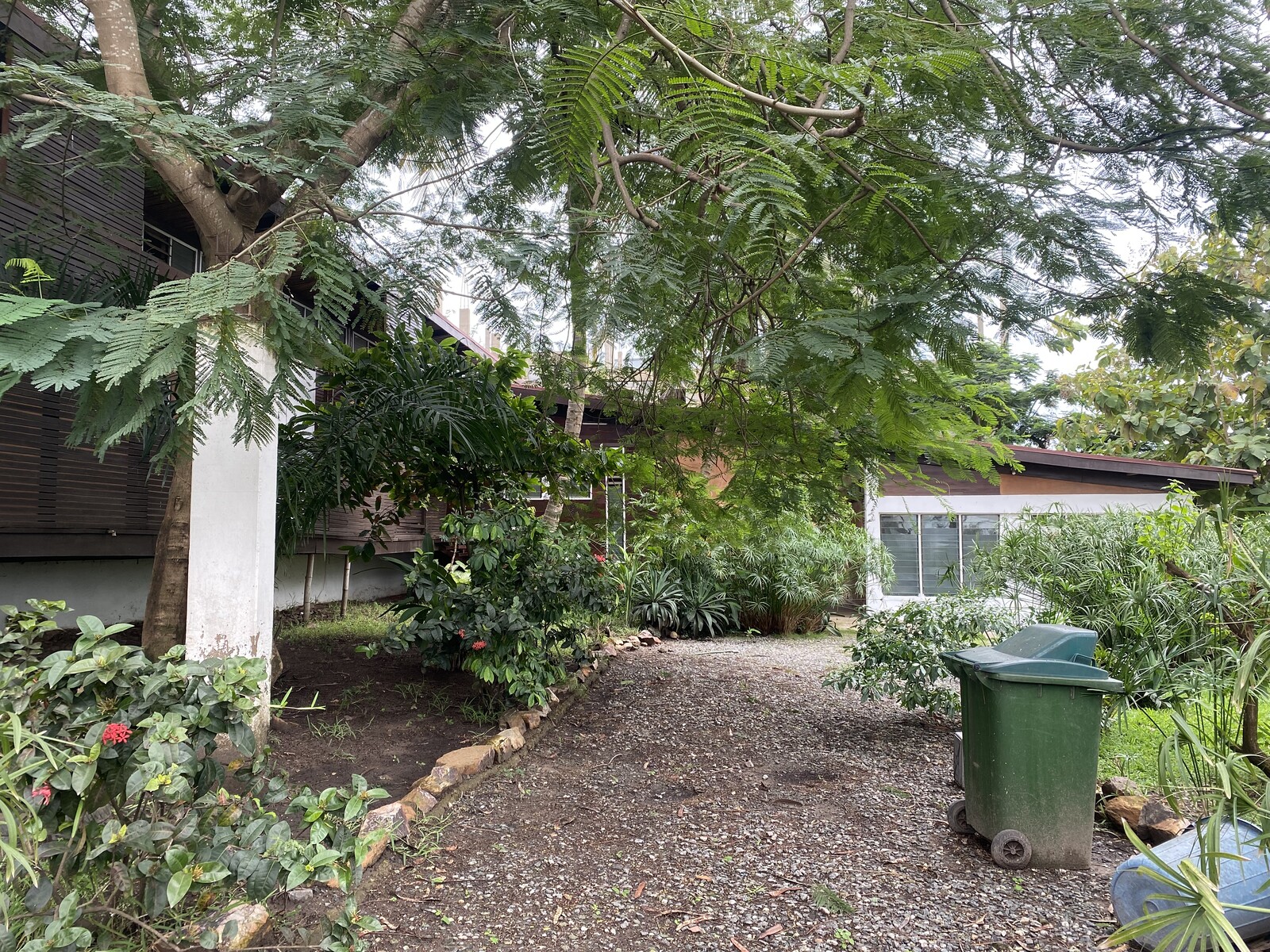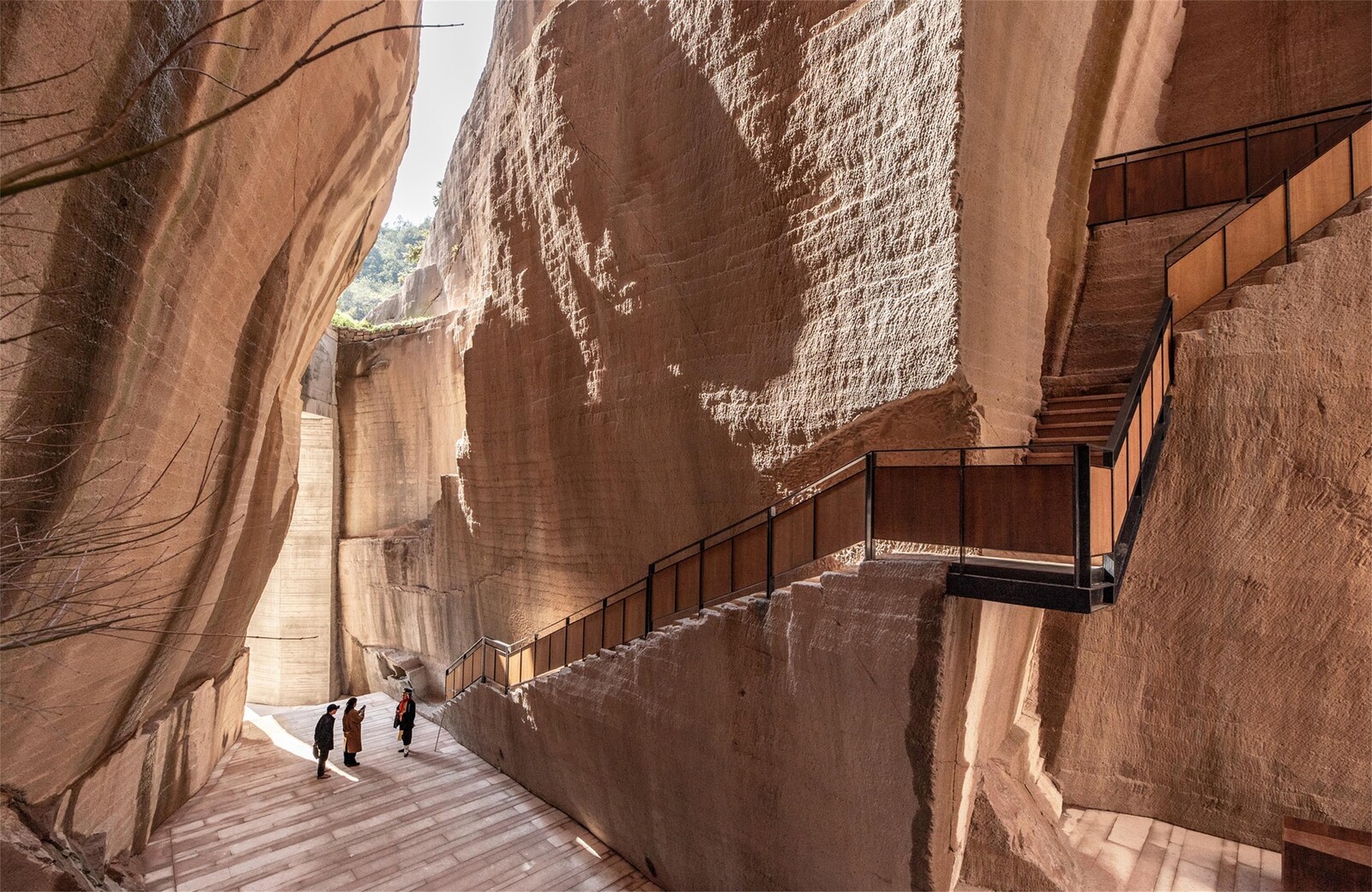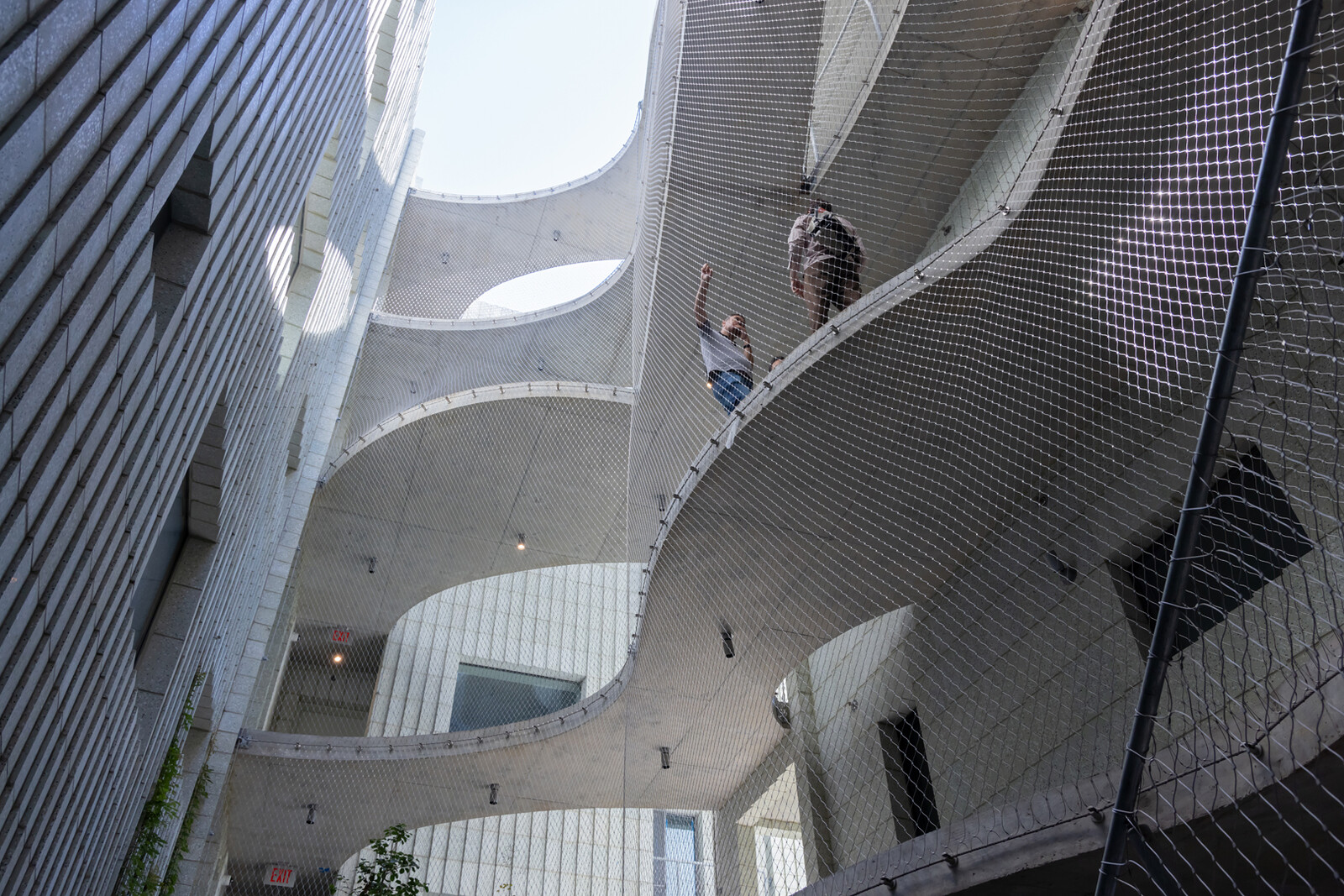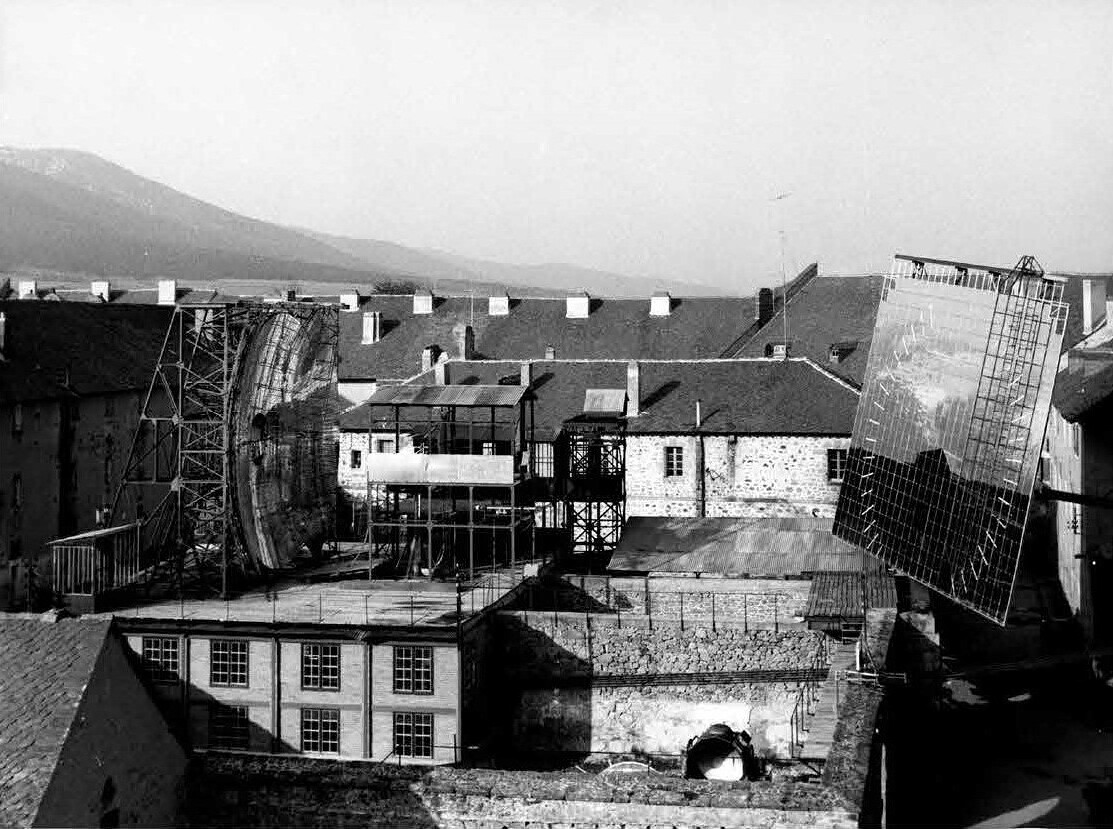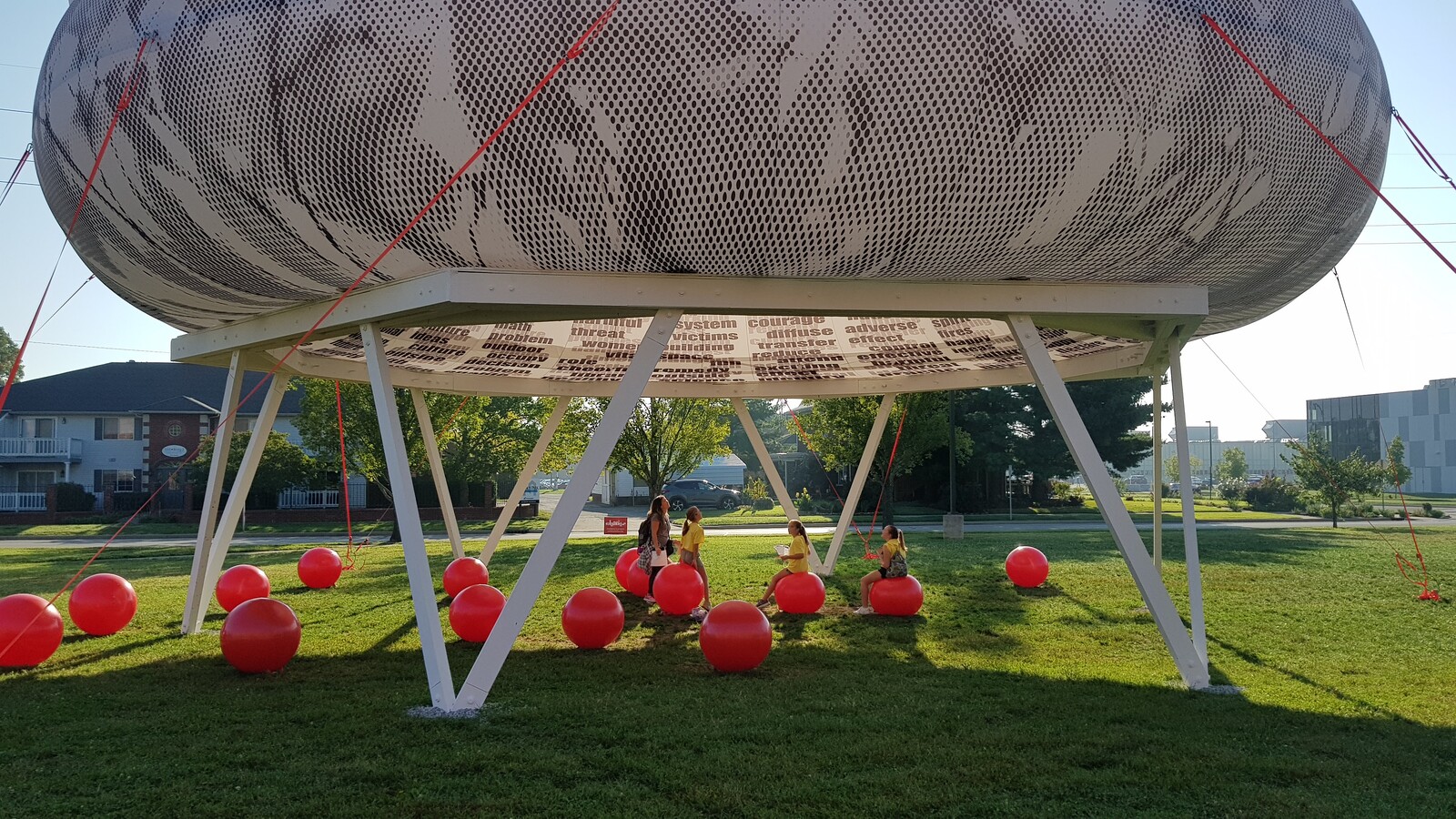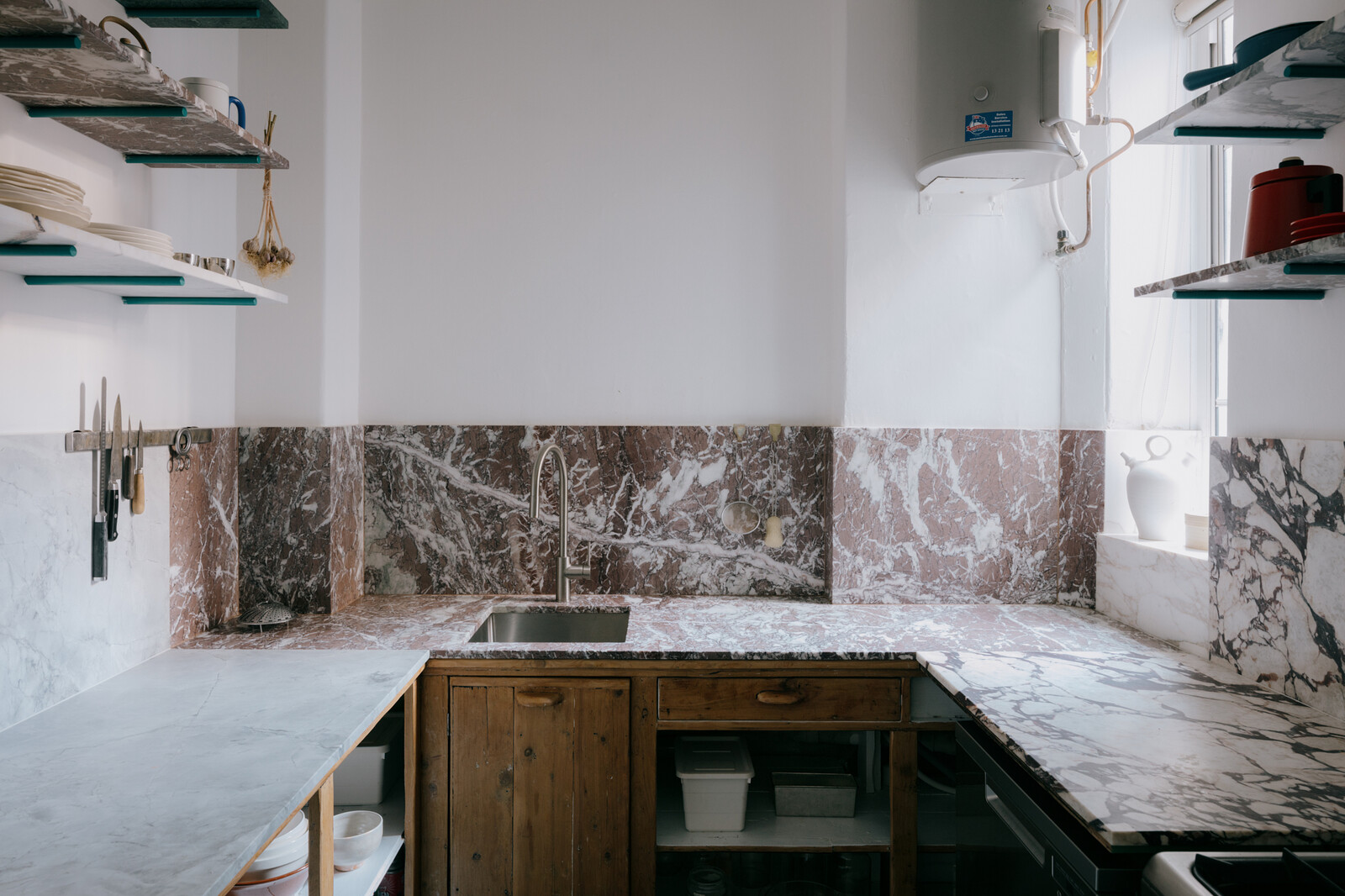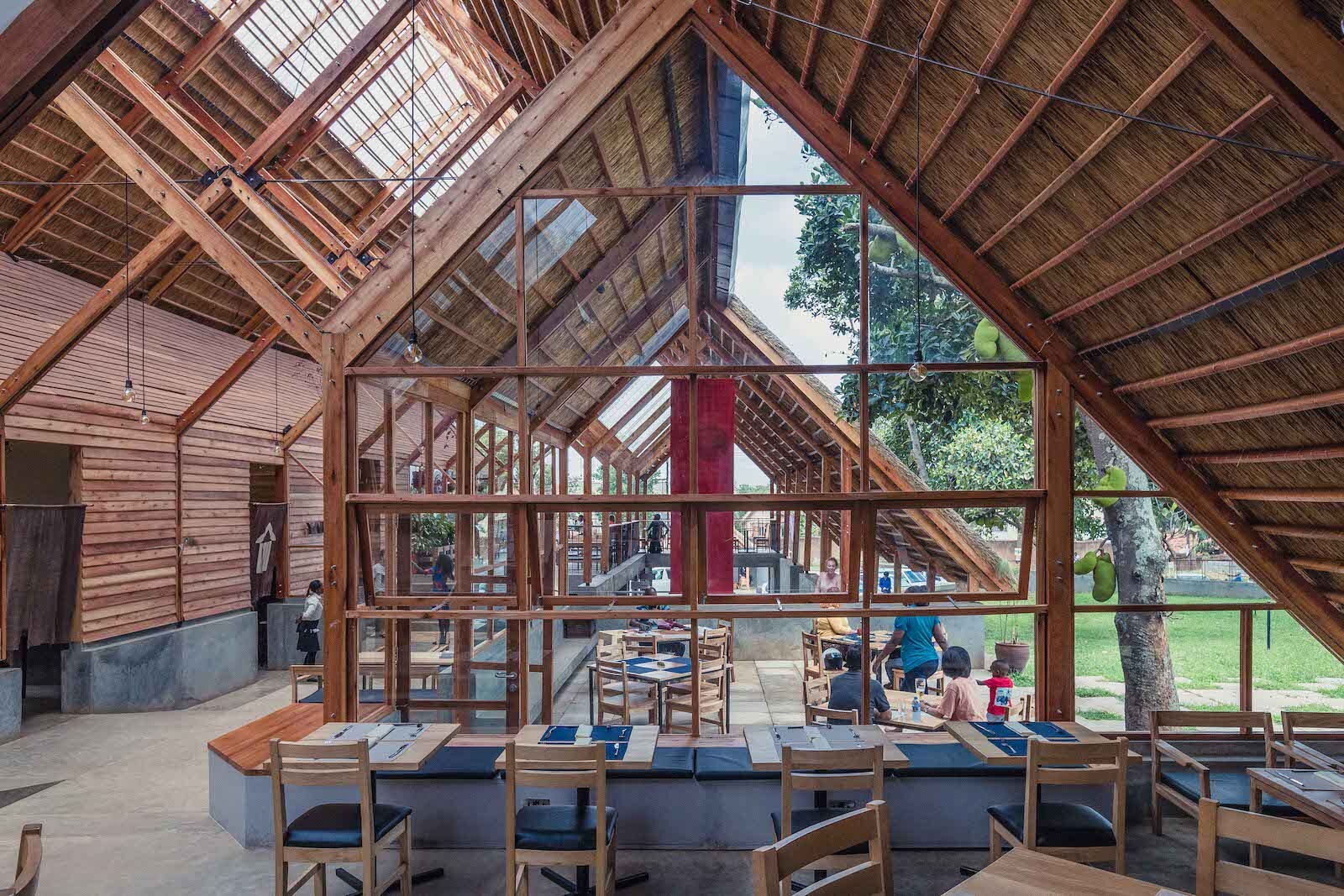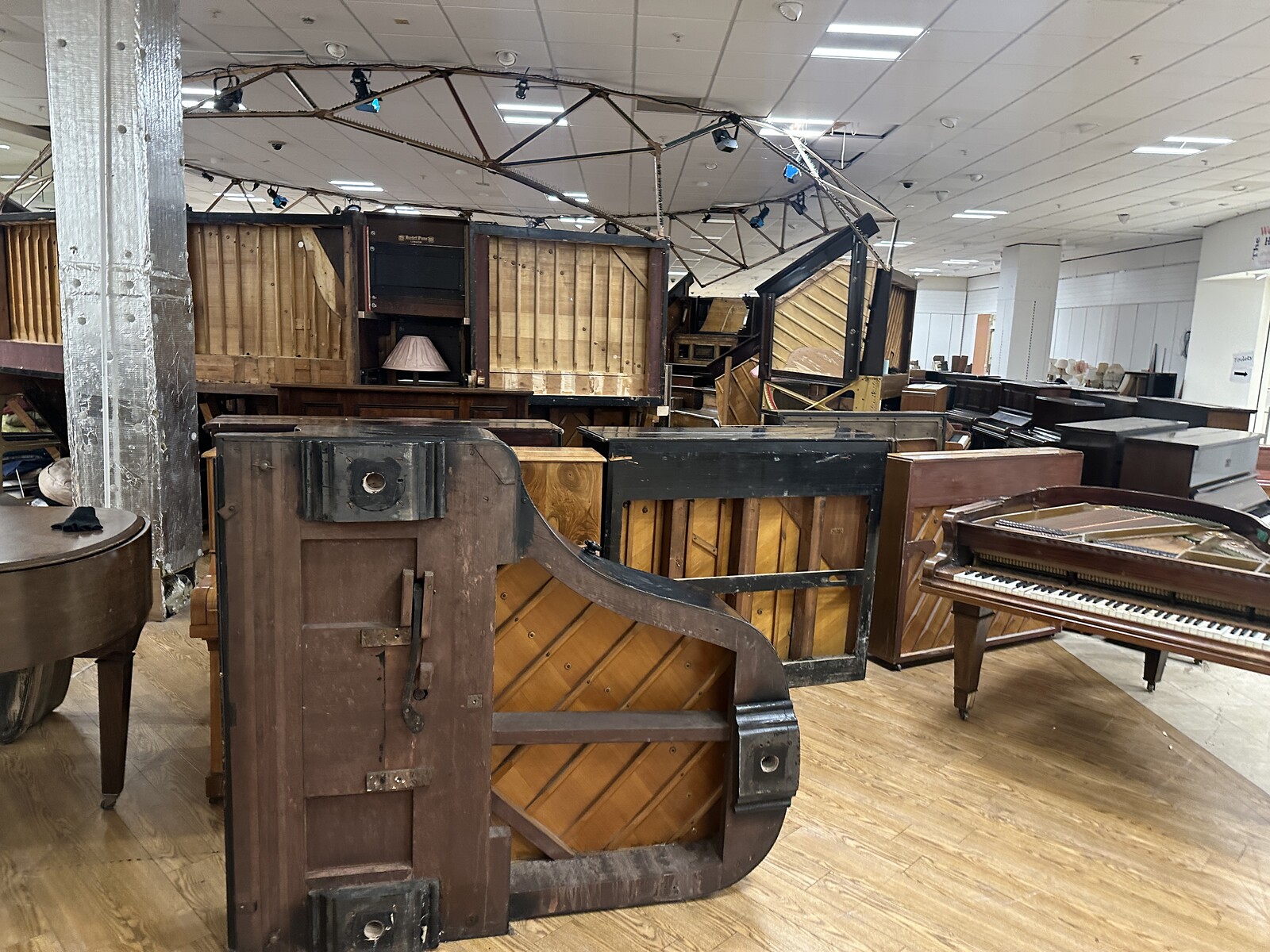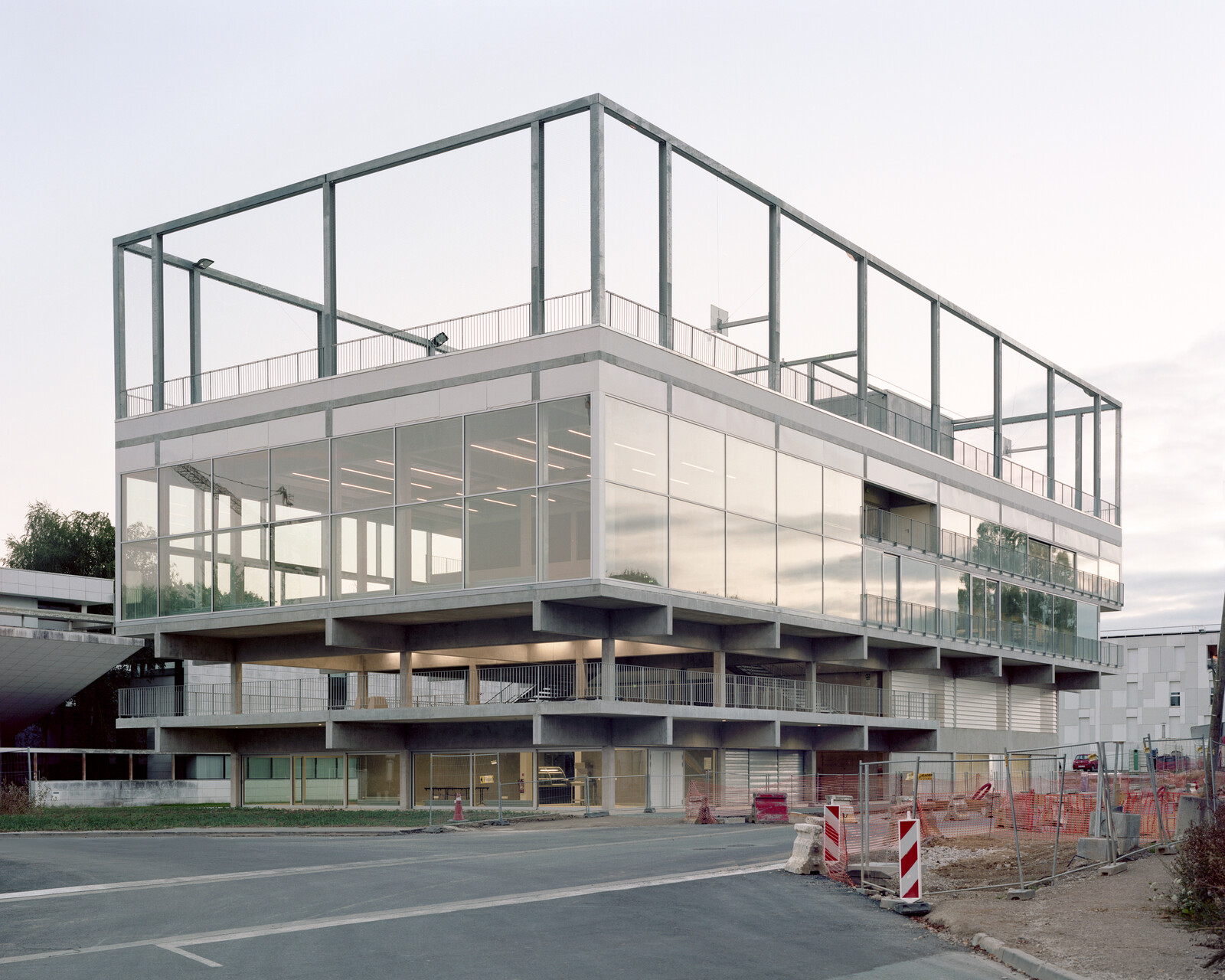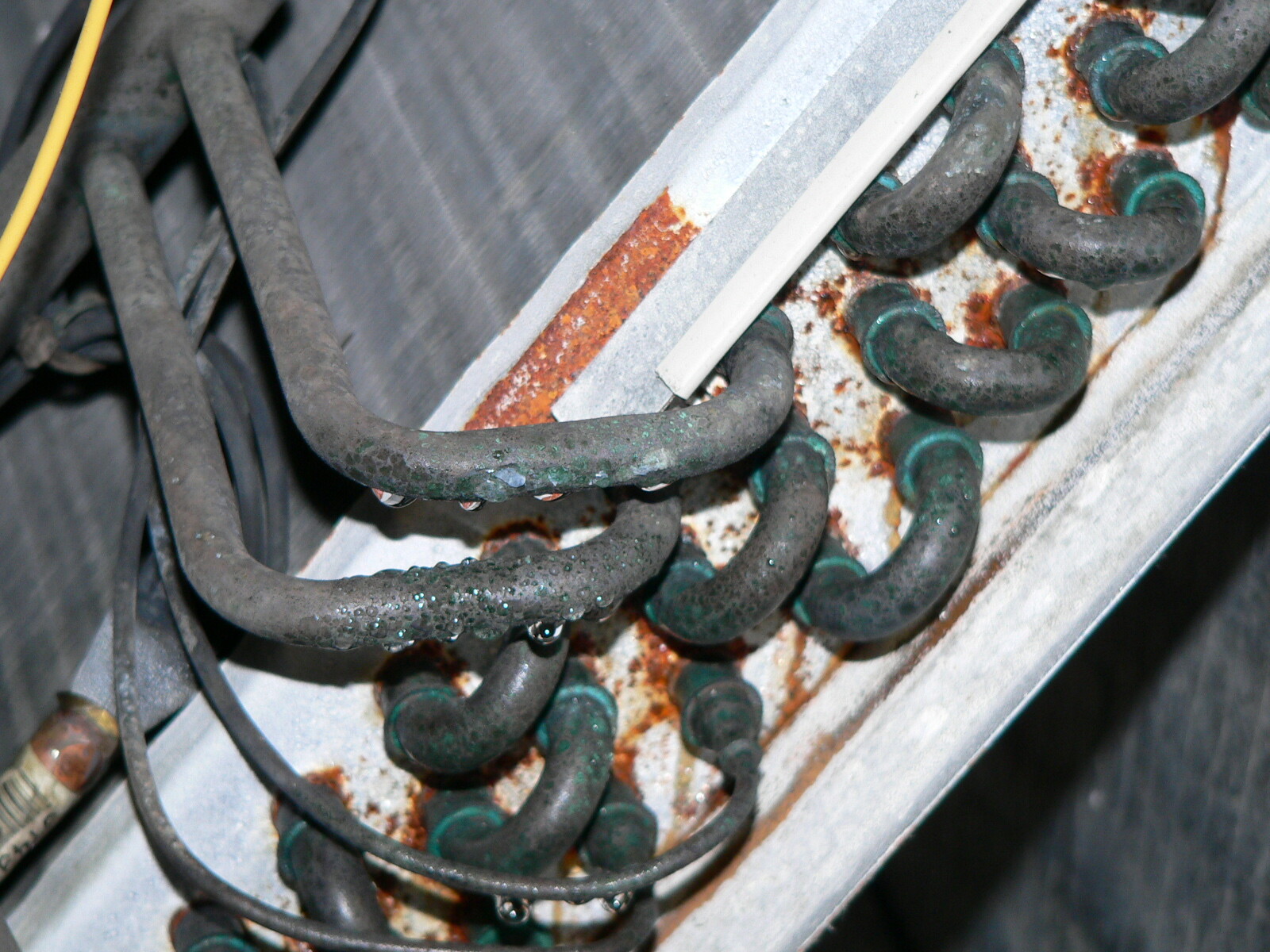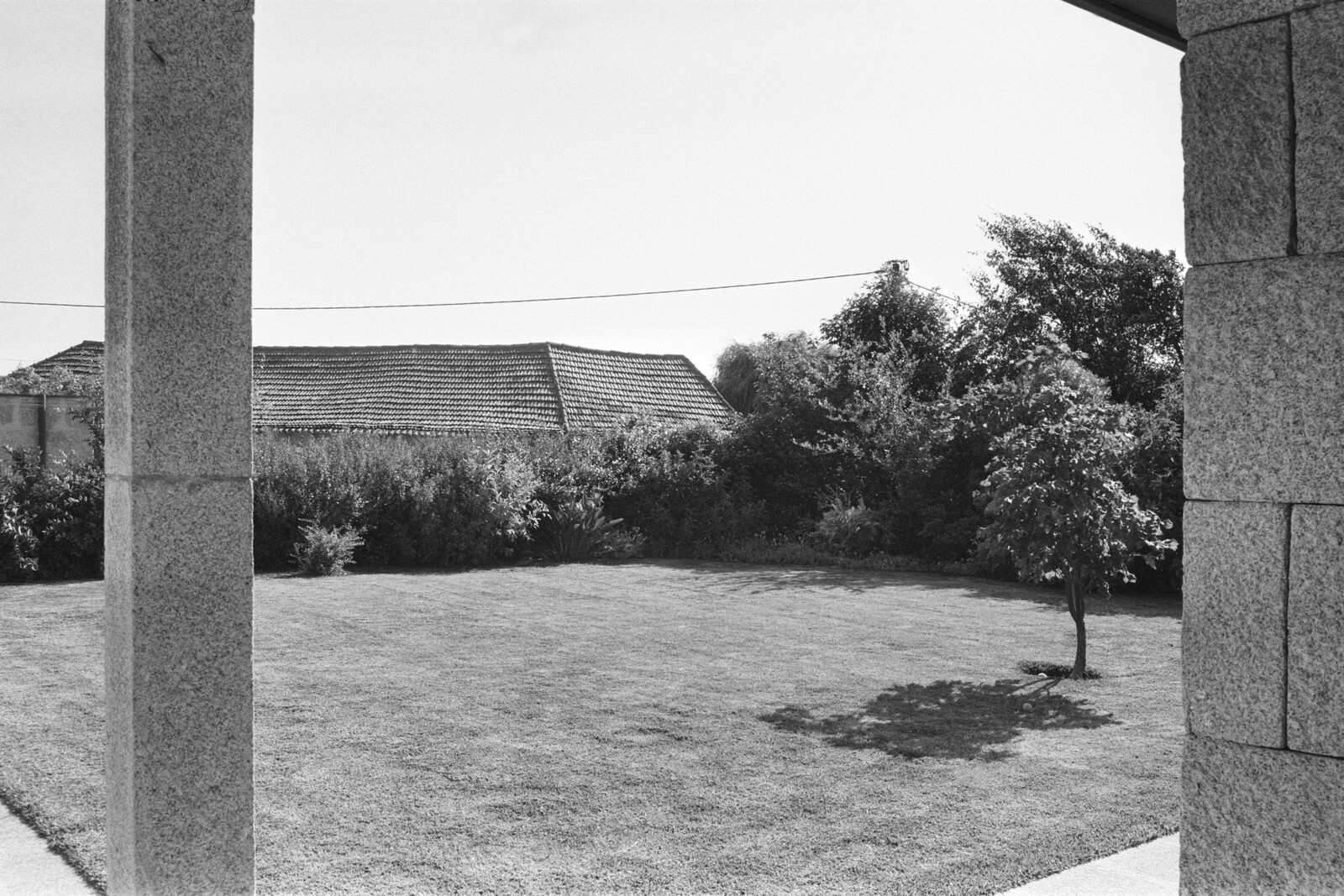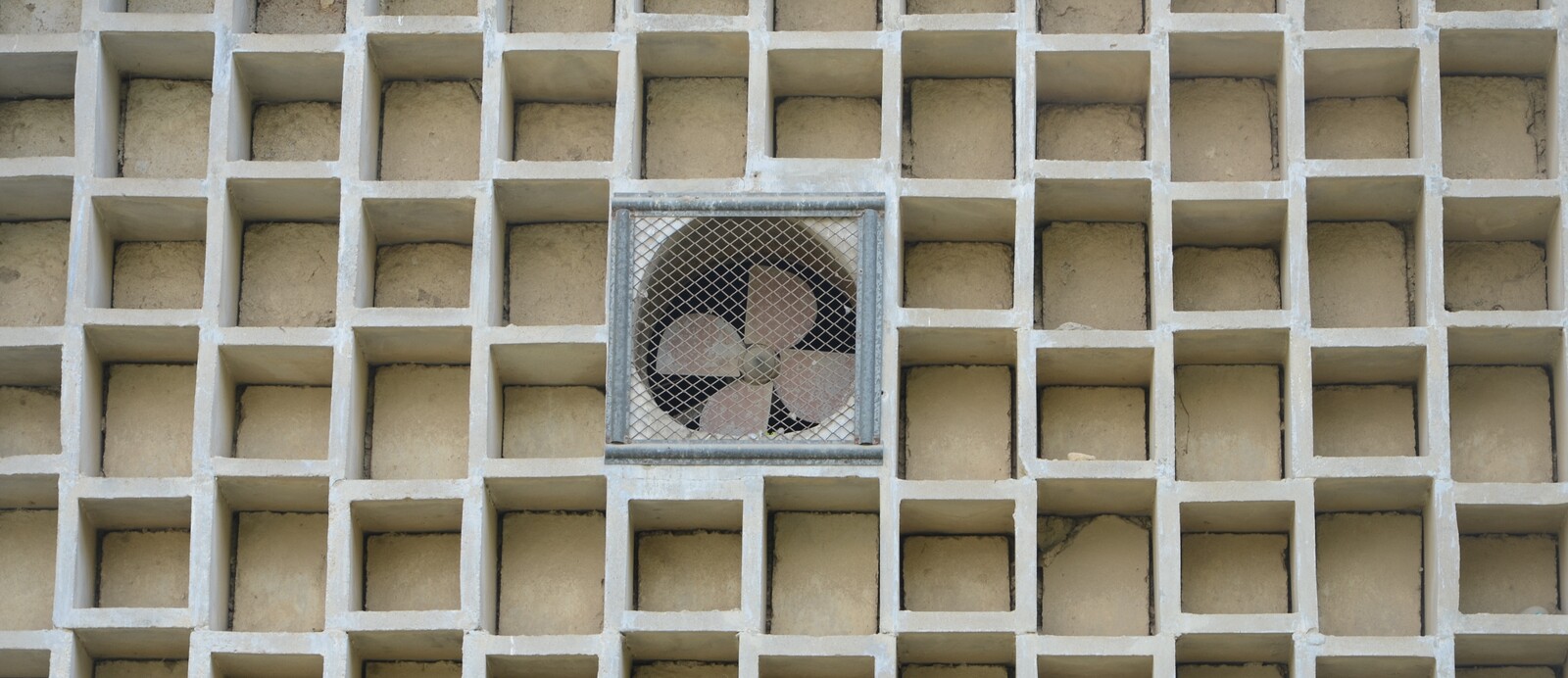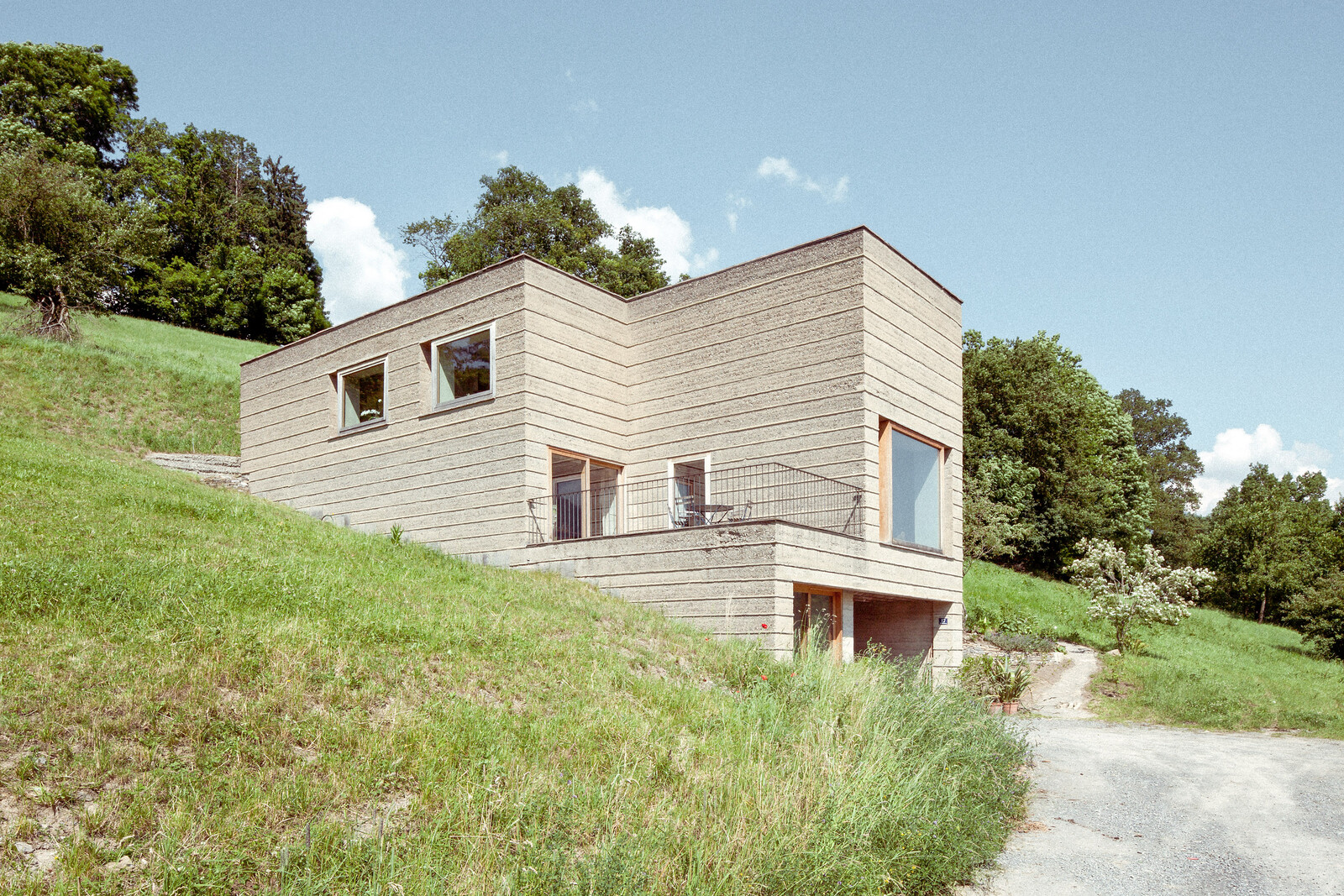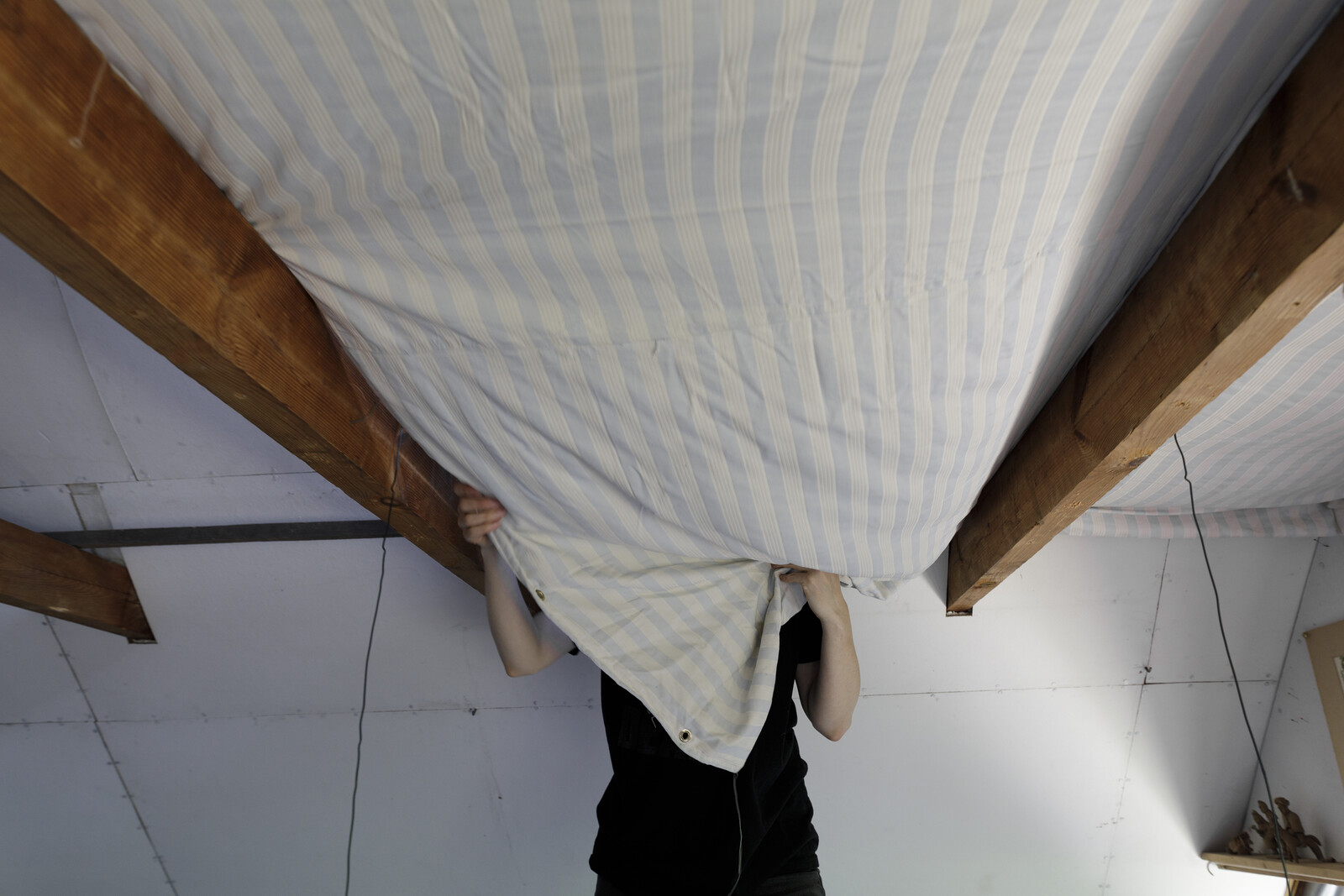The Color, Green
We scuttled along
village roads
we pretended
were runways.
Back then
Green was just a color
and not a manifesto
Back then,
Black was not the air in my lungs
or the dust beneath my feet
or the stream that cries bait
when the fishes are
long dead to protest.
In Ogbia,
there are no more runways.
I wake up to the
claps of water that
steal fragments of my home.
I used to think floods were
natural disasters.
Nature scolds her children
beat down and black by
currents whose penalty
condemns only the defenseless.
I used to think floods were
natural disasters
until I watched my father
melt down, salvaging
vestiges of our home
drenched
in what the government names,
a heavenly downpour
an act of god
a poor drainage system.
(Poor is the color, brown
that cannot be tilled anymore
Poor is the color, green
floating in bowls
fetched from streams
stormed by toxins
Poor is the color of
wilting varnish
peeling walls
cracked floors
awash by unfeeling tides
Poor is colorless;
my brother’s tears,
a well,
a stream,
a fountain,
every drop flows
from a community
that is forced
to flee home.)
In Ogbia,
there are no more runways.
I cannot wheel against the tar.
this ground is the ocean’s bed
this runway is now a runlet.
My brother asks me
if our home will still
be home by Christmas.
I tell him we are survivors,
But there is a difference
between living and surviving
Surviving?
That is no way to live.


Hometown of Port Harcourt. Photo by Noel Okosun.
Brackish waters
They call it the optimism bias
Bad things will only happen to other people
Never us.
When Tarila left home to ladle
Mercurial oil spewing from
The pipes of damaged bunkers
He felt the same.
This man, more child than man
Followed a darkness that
matched the black of burning smoke
He floated in foul waters
Floated in fuel
Floated in fire
The remnants of his body
Barely enough to furnish a casket.
I knew his mother, her pain inconsolable
She cried all the way to the funeral
Then back home
But home was submerged in waters
Waters that eroded the planks from their stays
And chiseled into two
The only room left of her tiny house
Tinier than the hope her son had when he left
Tinier than the hope she has left.
I know these waters
They are not just floods like the government will preach
Or the newspapers will rake
They are warnings from a warming earth
An irascible Atlantic fuming at the coastal villages of
Odi, Amasoma, Ekperemor, Sagbama.
From these names come
cries of wailing fathers,
starving children, bitter mothers
who cannot understand
why the Earth’s tears are
tearing their lives apart.
Tarila believed in the optimism bias
He believed in the government;
Her sworn duty to protect her people.
He believed in a lie.
Storehouse
We danced in that open field
and gasped the last of the air,
crisp with promise.
Our hearts raced faster than
drums attacking the silence.
The raindrops, like struck mbira
notes on weathered wood,
were a welcome song to
rathe-ripe harmattan.
Our joy
was a river before the wake,
a kind of stillness
before the troubling,
before we discovered
abandoned silos,
some emptiness we embraced,
to shield us from
timeworn memories:
laughter racing along
curved streams,
calloused palms etching
strokes on soil,
Southern voices telling stories
of a simpler past—
a fuller past.
Our farmland had
a soul plump
with the folding green.
How could we imagine a time
when we would beg for
April’s water to rescue
our roots from dog days.
The drums are now heavy,
the streams no longer curve
and our people speak
the language of protest.
Our song, a war cry,
a promise to protect
what is left of
our homes.
Dinosaur Plant
Over the past 10,000 years
our brains have shrunk:
The smaller the size, the more efficient.
We make cell phones out of silicon chips
Because mainframe computers
are not micro enough.
It’s easy to mistake smaller for efficient.
We cut down forests to make pencils,
Burn down bridges
Only to realize—too late—the rubble
is not designed for crossing.
When I think of smaller
I think of the countless times I have shrunk
To fit into pocket editions of myself.
Carving miniatures who look like me,
Figurines who break, at the Earth’s touch;
And break further
Until the debris is the only version I recognize.
Courage sits in my pocket
Riding on a pair of bi-pedal legs.
I scroll through my Instagram feed
Buried underneath unlived affirmations.
How could I face the eyes;
Whose stares leap higher than vertigo’s legs;
Whose gapes level mountains prone on their bellies.
I shrink to shield myself from what if.
What if dinosaurs did not roar,
But were vocalists dying to be heard.
What if caves are shaped like ovaries
because life exists even in darkness.
I heard black holes are not really black,
I heard corpse-flowers bloom as they rot,
I heard Saturn can float on water
despite being the second-largest planet.
Why did we have to shrink to discover ourselves?
I ask the sun how she breathes without oxygen
How a dead dinosaur plant comes alive
at the taste of water
How new gods are born
How new stars are formed.
The sun tells me
“it hurts to become.”
Serendipity is a drug I get high on
to numb the pain.
She tells me:
You do not need to shrink
You are not made of silicon chips
But atoms—held close,
every fusion, a lurid ton of energy
Bursting, bold, arms stretching
till the glass shatters
leaving space enough to
Stand tall as the heavens
Leap higher than your fears
Sing louder than dinosaurs
Scream quietly until your oxygen burns out
Scream until your lungs give out.
Mother is revolting
Motherhood:
The unconditional union that legalizes exploitation.
When was the last time we spoke?
About your plans for the future
About the stories of your youth
Growing up in a world
That fed you lemons and vinegar.
When was the last time I heard you sing?
When last did you sing?
Would I have heard over all my screaming
Drowning your voice with my tantrums?
When was the last time I listened?
Listened to you speak
About your passions and pain
Your suffering and hurt.
Hurt that dwindles your life
Day after day after day.
When last did I embrace you?
When I confessed I set fire to your garden
You held me close,
Closer than shadows
Cling to the darkness.
When has my mother ever said no to me?
When has she not protected me?
When has she not cared?
When has she complained?
How can she complain?
What right does she have to complain
Or to be anything other than a mother?
But mother is revolting.
She is not picking the phone when I call.
She is not telling me I’ll be fine.
She doesn’t care the sun scars me deeper each day.
She doesn’t care my home has been flooded twice this month.
She doesn’t care the air I breathe is black.
She doesn’t care the rivers will be barren when I turn 30.
She doesn’t care that I will watch my children starve.
My wealth cannot cure this hunger.
Mother doesn’t care anymore.
Mother doesn’t care that I know she doesn’t care.
Mother, please, mother.
Mother, please.
Mother?
After Comfort: A User’s Guide is a project by e-flux Architecture in collaboration with the University of Technology Sydney, the Technical University of Munich, the University of Liverpool, and Transsolar.
